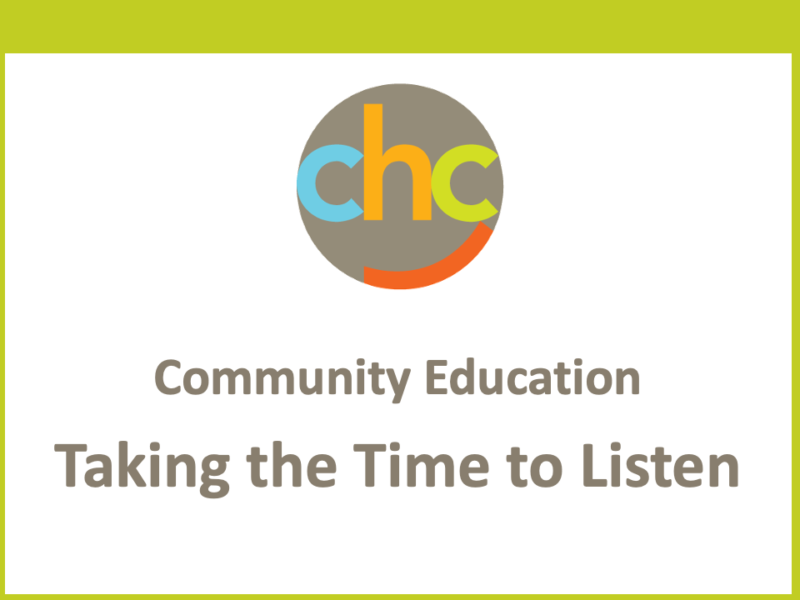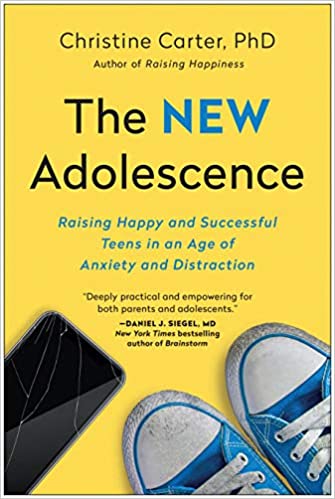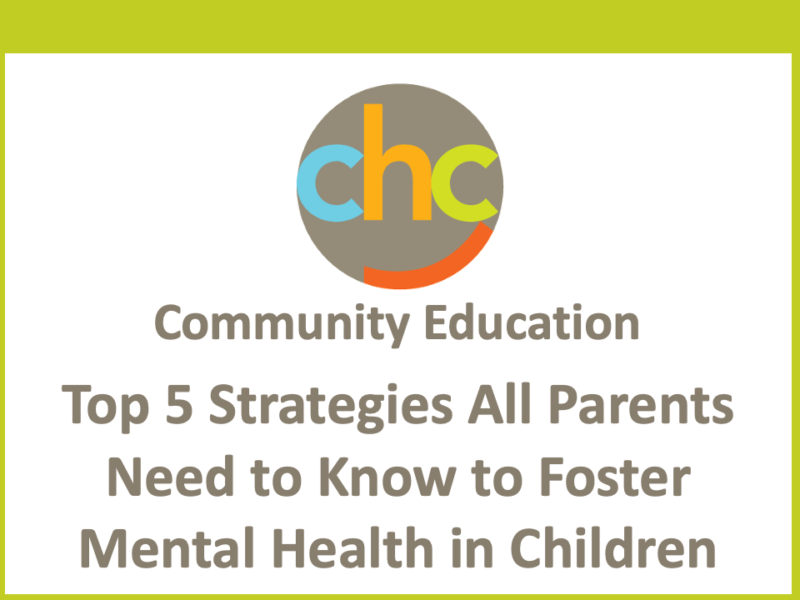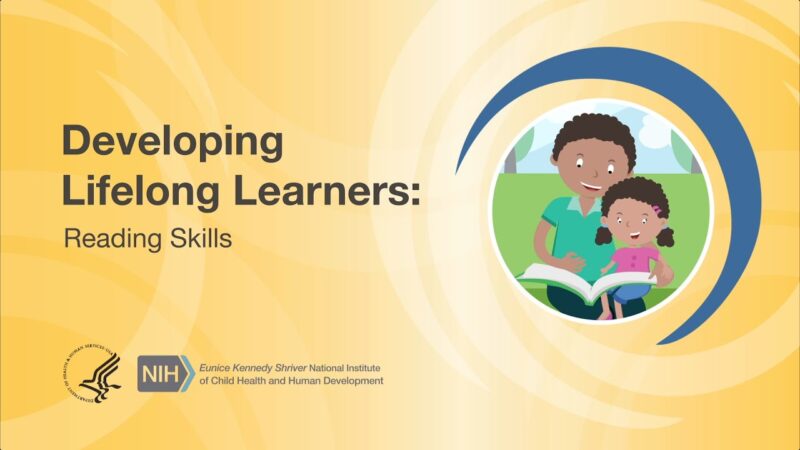
Highly Sensitive Children Thrive in the Right Environment
Sensitive children are keen observers of the world, but tend to get overstimulated. They often live intense inner lives and are highly creative, but they are wary of new situations and of people they don’t know. They also easily intuit Read more >>











